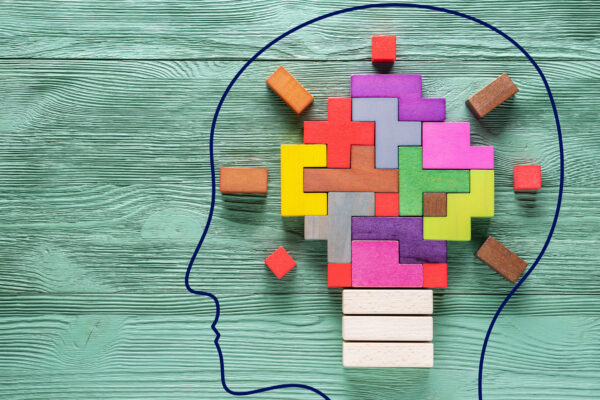News: Well-Being In Adults

A newly published CHM study is among the first to collect empirical data on school employees’ mental health early in the pandemic
Significant concerns have been raised about the mental health crisis on college campuses, with attention turning to what colleges can do beyond counseling services to address students’ mental health and well-being. In a newly published multi-university study, scientists found that students who completed the Art and Science of Human Flourishing course, demonstrated improved mental health, strengthened skills, perspectives and behaviors associated with flourishing.


People with high activity diversity show better psychological well-being and positive affect regardless of the total amount of time spent in all activities combined.

Researchers at the Center for Healthy Minds develop a four-week smart phone-based meditation app that resulted in reduced psychological distress and improved well-being skills amongst educators.

The Center for Healthy Minds and AtentaMente are seeking to improve mental health, resilience and well-being in healthcare professionals with a new research grant funded by Templeton World Charity Foundation. This grant will allow two character-based intervention studies see if the effects of stress can be lessened in healthcare professionals in Mexico.

